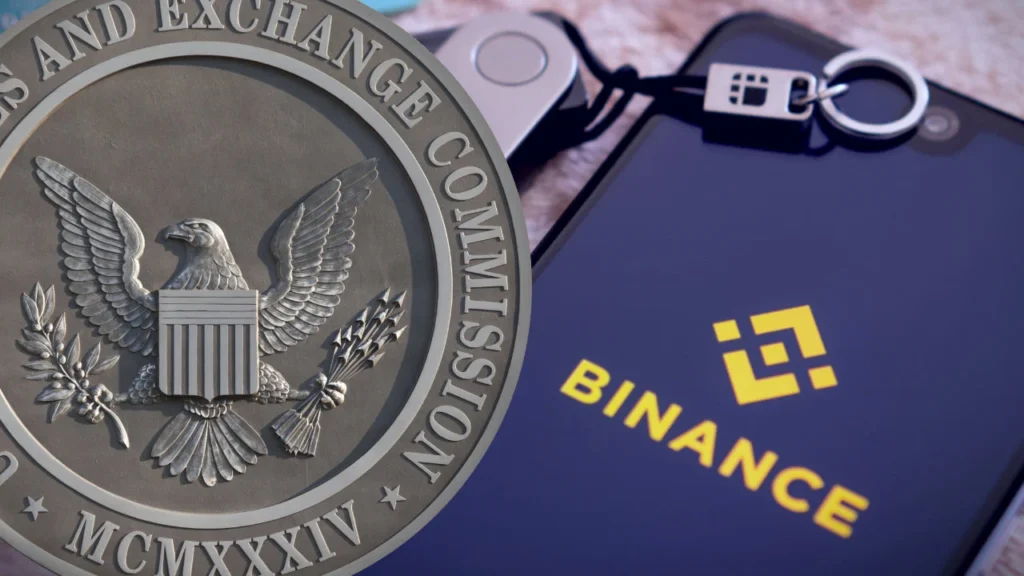Judge Jackson dismissed the SEC’s claims that the secondary sale of Binance BNB coins qualify as securities. However, she let the SEC pursue charges related to Binance’s BNB staking program, anti-fraud issues, and BNB sale after the ICO.

Judge Amy Berman Jackson has dismissed the SEC’s claim that the secondary sales of Binance’s BNB coins qualify as securities under the Howey Test, a significant victory for the crypto community and Binance.
Judge Jackson cited a similar decision from Judge Analissa Torres in the Ripple case, which emphasized the importance of considering the economic reality of the token transaction while applying the Howey Test.
Binance’s BNB Tokens Are Not Securities
Adding further to her decision, Judge Jackson added that the government’s reliance on the assertion that “the crypto assets are the embodiment of the investment contract,” in addition to the arguments about the technology’s nature, the independence of the platform, and the performance of every token, is insufficient to classify that secondary sale of the BNB Coin constitute as investment contracts.
In the same vein, Judge Jackson dismissed the SEC’s allegations regarding the sale of Binance USD stablecoin (BUSD).
She also denied the SEC’s allegations regarding Binance’s passive income feature, “Simple Earn.”
Interestingly, Judge Jackson also pointed out that the agreement is also inconsistent with the government’s primary theory since filing the action which states “We aren’t saying that the coins are securities – we are talking about investment contracts.”
Judge Jackson further remarked that a token’s nature might change over time, implying that even if the token qualifies as a security initially, it does not have to remain so indefinitely.
While leading a significant ruling in the ongoing debate over the classification of digital assets, this distinction undermines the SEC’s position.
SEC’s Case on BNB Staking to Continue
Despite the significant victory for Binance, the U.S. Securities and Exchange Commission (SEC) may continue to pursue claims related to Binance’s BNB staking program, anti-fraud violations, and the sale of BNB after the ICO, as stated in the court filing by Judge Jackson.
Furthermore, the SEC will be able to persist in its claims that Changpeng ‘CZ’ Zhao, the founder of Binance, served as the company’s “control person.”
For this reason, the SEC may assert that Binance was required to register under the Exchange Act.
The Binance vs SEC lawsuit began in 2023, when Gary Gensler claimed that the exchange sold BNB as unregistered securities and operated illegally in the United States.
Meanwhile, Binance founder CZ is presently serving the fourth month of his sentence for violating money laundering regulations.
Changpeng Zhao has also disclosed his post-prison plans to the Binance community.
